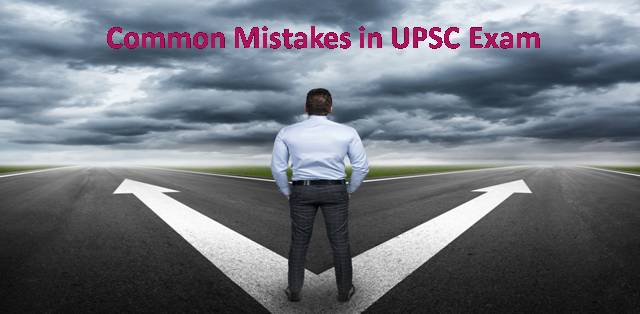
If you’ve passed the main and preliminary examinations, you’re nearly close to reaching your aim of getting through the UPSC test. The last portion of the exam includes the interview or personality assessment, which is crucial to passing the UPSC exam successfully.
The structure of the UPSC interview process is explained by upsc exam coaching centres in chennai to assist candidates understand what they should do.
The procedure for interviewing is as follows:
The UPSC exam is considered to be one of the most challenging tests in the world. The interviewers ask you diverse questions to evaluate your mental ability to concentrate, mental clarity, the ability to think logically and leadership capability, the judgment of balance, intellectual quotient morality and more.
The four personality pillars the most frequently assessed are:
Personality trait:
It is an important aspect of your character. From your values system to your capacity to appreciate the background you come from, your education, your sensitivity to social issues, or your moral traits like compassion and empathy, the entire world is affected by your childhood.
A perception of perspective
When we’re talking to people at a celebration like this, we tend to lose our perspective. Students start to think that I’m the real Premier Minister of India and performing all the tasks that district collectors are supposed to fulfil.
Your foundation of knowledge
I’m not going to go as far as to say this is all there is to the persona, but it’s certainly a substantial component. I’d also like to give you a thumbs-up to your background knowledge as you were selected for an interview because you’ve got the right information to be a nation’s official.
Ability to present
You’re aware that you have value and an understanding perspective all the time, but you cannot find a way to express your values. It is important that you focus on the fourth aspect known as the capacity of expressing or communicating. It’s something that needs to be practiced.
Find out who is the panel lists for your interview:
The panel of interviewers comprises around five people. Alongside the Chairman of the board of interviews, There are four additional members.
The Chairman of the panel is typically a UPSC member. The other four panel members are usually of different UPSC services.
The panel assesses the potential of an aspirant by assessing the personality traits that are needed to be considered for various Civil Service positions.
Questions frequently asked and preparation.
As mentioning, since the questions are designed to assess personality traits and cannot be predicted, they can’t be guessed and could be any question. It could be as easy as a simple question about you or your thoughts about the latest event.
The opening paragraph:
That is the essential interview question asked in all interviews but not just one like the IAS one. Provide brief and concise information about yourself and your family’s background, personal information, academic qualifications, and any professional obligations.
What drives you to work with an IAS officer?
It is among the most frequently asked questions in an interview. The goal in this particular question is assess your ability to think clearly regarding being the IAS officer.
Strengths both positive and negative
This job does not only require a lot of knowledge and concentration It also demands the highest level of honesty, integrity and respect. It is a frequent question in civil service interview questions.
Read More : After Negative Marking, calculate the UPSC Prelims Total Score.



